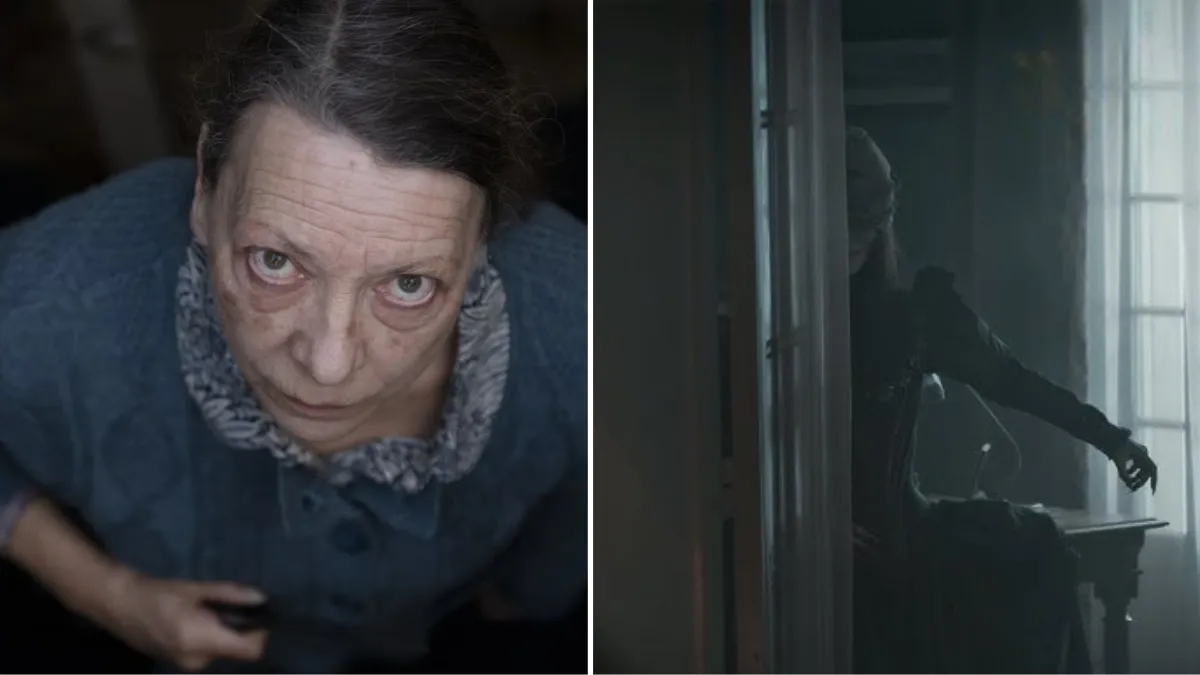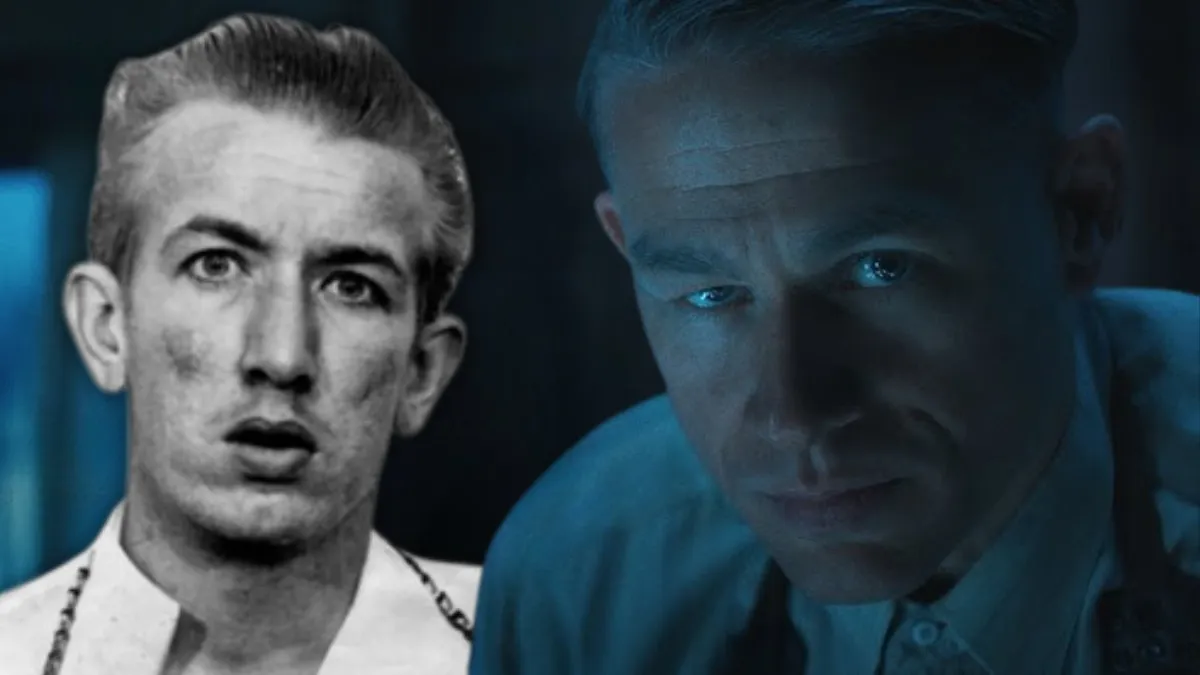As Friends celebrates its 30th anniversary, the iconic sitcom is once again under the microscope—not for its humor or cultural influence, but for a long-standing issue that has never fully faded from public memory.
The beloved series, which aired from 1994 to 2004, remains one of the most streamed shows globally and holds a nostalgic place in the hearts of millions.
But amid the celebration of its legacy, former cast member Aisha Tyler has spoken up, revisiting a conversation that has shadowed the series for decades its glaring lack of diversity.
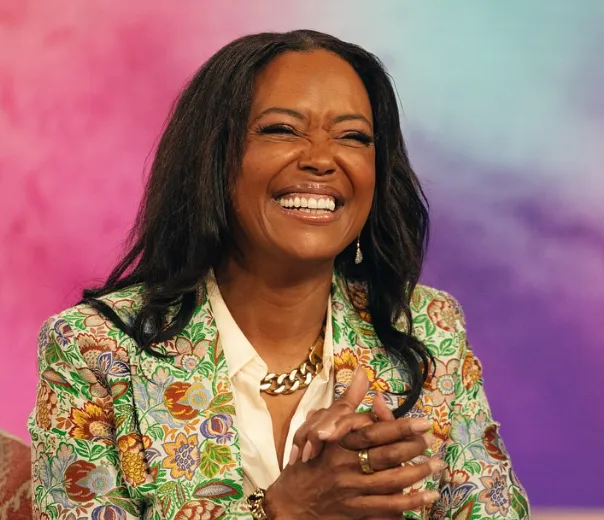
Set in Manhattan, a city where over 67% of residents are African American, Hispanic, Latino, or Asian according to Insight Vacations, Friends largely featured an all-white main cast.
Even during its original run, viewers raised eyebrows at the show’s homogeneous casting, questioning its depiction of such a diverse city with so little representation.
“I always side-eyed that show. They were in New York and everyone was white,” one viewer commented online.
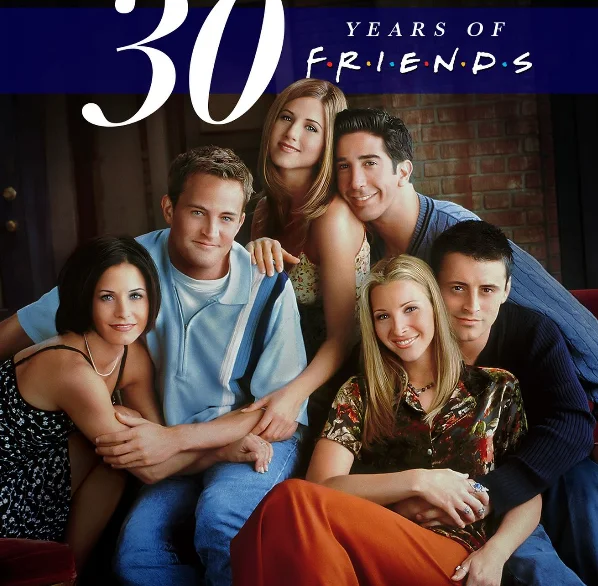
Another wrote, “Friends literally took place in NYC, one of the most diverse places in the world,” while a third called the show “very outdated” and “problematic.”
Tyler, who joined the cast in its ninth season as Dr. Charlie Wheeler, a paleontology professor and Ross Geller’s love interest, became the first—and only—Black actor with a recurring role on the series.
She starred in just nine episodes, yet her presence was a milestone for a show that had long been criticized for its lack of inclusion.
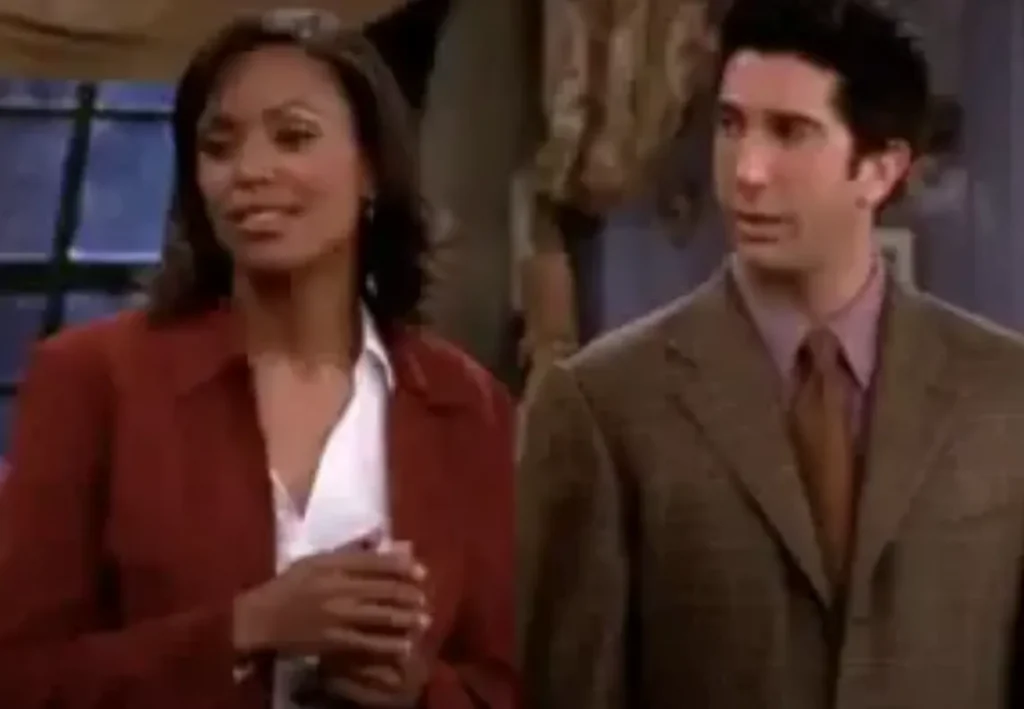
In an interview with Entertainment Tonight, Tyler recalled how nerve-wracking it was to join such a high-profile show. “My knees were knocking. I was shocked you couldn’t hear my teeth chattering the entire time I was on set,” she said.
She recounted a sweet moment with the late Matthew Perry, who told her backstage, “Get ready for your life to change.”
Despite the warm welcome from the cast, Tyler was not blind to what the show lacked. Speaking to The Independent, she said people would often refer to her as the “Black girl from Friends.”
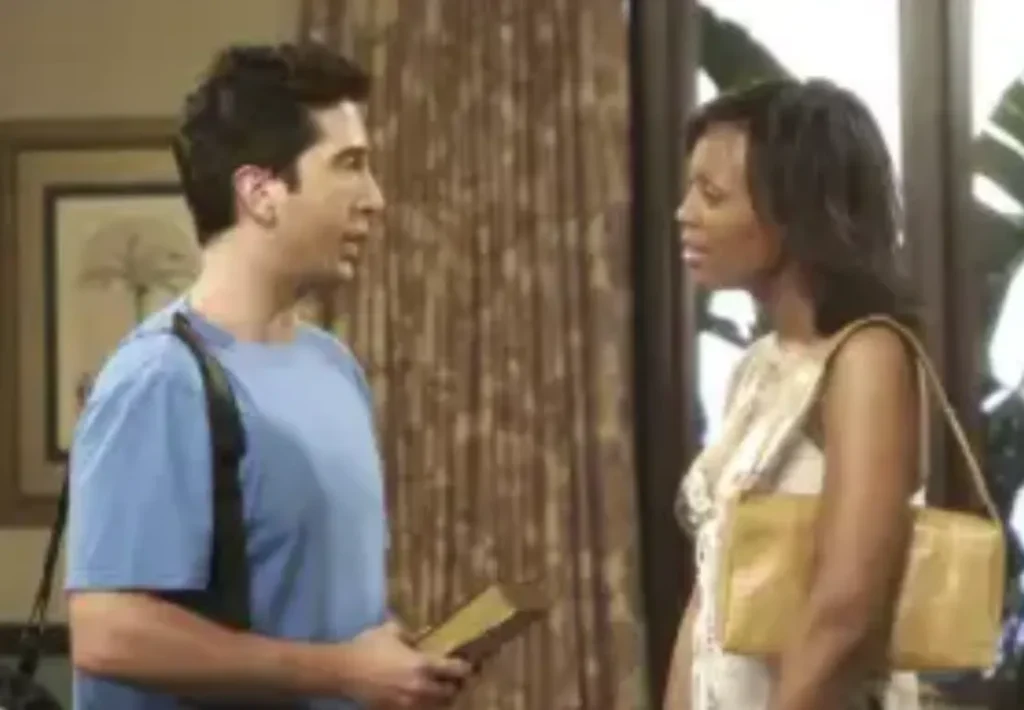
“It wasn’t something people noticed only in hindsight,” she said. “At the time, people talked quite a bit about the fact that, for a show set in Manhattan, it really lacked diversity.”
Tyler also noted that Friends mirrored an industry-wide belief that “only white stories sold,” a view that’s only recently begun to shift meaningfully in Hollywood.
Other actors have echoed these sentiments. Adam Goldberg, who briefly played Chandler’s eccentric roommate Eddie, called the show’s lack of diversity “insane” in an interview with The Independent.
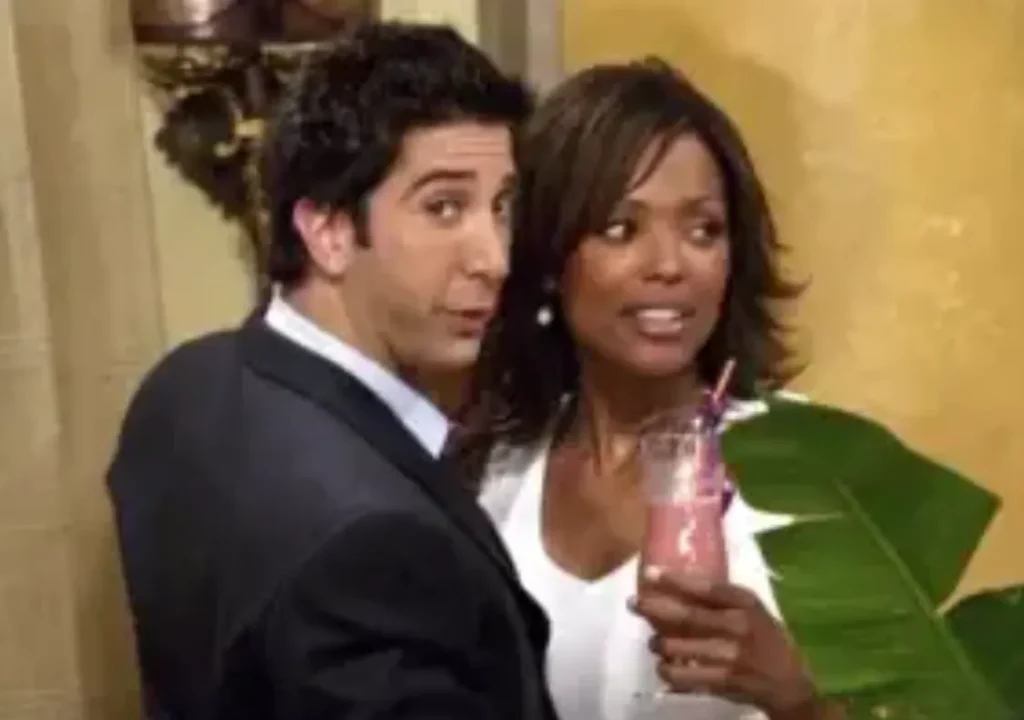
Even co-creator Marta Kauffman has admitted her regret. “I’ve learned a lot in the last 20 years,” she told The Los Angeles Times. “It’s painful looking at yourself in the mirror. I’m embarrassed that I didn’t know better 25 years ago.”
Kauffman has since pledged $4 million to Brandeis University to support its African and African American Studies Department in an effort to help right the wrongs of the past.
David Schwimmer, who played Ross, was praised by Tyler for “really pushing” for more diverse casting behind the scenes—a rare effort in an era dominated by one-dimensional storytelling.
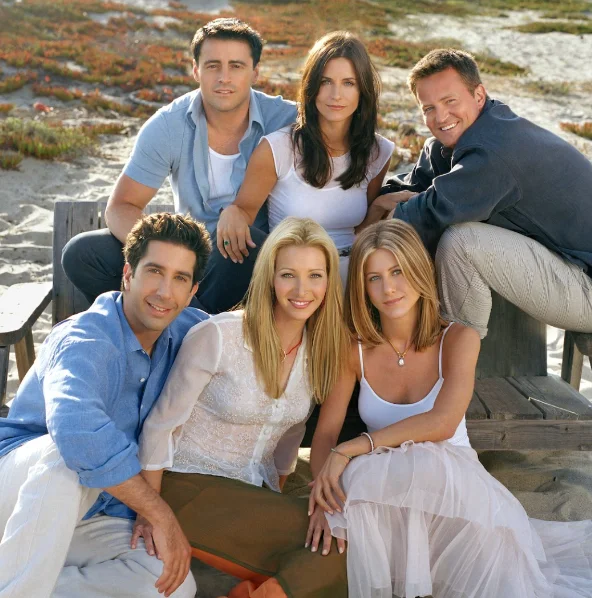
While the nostalgia around Friends remains strong, its legacy is now being examined through a more critical and inclusive lens.
And as the show continues to find new generations of fans, voices like Aisha Tyler’s remind us that representation is not just a talking point—it’s a responsibility.
Featured Image Credit: (NBC)



